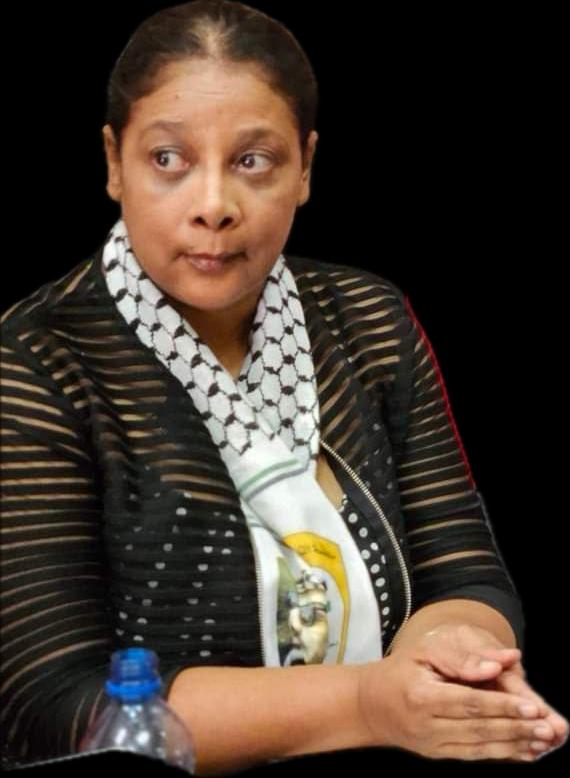
National Women’s Day reminds us of the power of South African Women
By Reneva Fourie
August 9, 1956, holds great significance in South Africa’s history. On this day, women of all races bravely protested against the discriminatory pass laws imposed on black South African women. These pass laws restricted the movement of black individuals, specifying where they were allowed to be. Defying these laws meant risking arrest for those found outside the designated areas.
Following the apartheid era, August 9th was designated as National Women’s Day in commemoration of the valiant women who partook in the historic march and in recognition of the influential role women played in South Africa’s struggle for liberation. Noteworthy women during this period included the late Dulcie September and Lindiwe Mabuza in the international arena; Dipuo Mvelase and Geraldine Fraser-Moleketi in the armed struggle; Jenny Schreiner and Shanti Naidoo in the underground movement; and Cheryl Carolus and the late Albertina Sisulu in the mass struggle.
After 1994, South African women persistently advocated for changes in the economic, societal, and political domains. They fearlessly vocalise opposition against domestic violence, rape, sexual harassment, economic exploitation and patriarchal structures. Despite notable advancements, substantial challenges endure. Male predominance in, and determination of access to, positions of authority persists. Women disproportionately bear the brunt of poverty, unemployment, and inequality. Gender-based violence in South Africa ranks amongst the highest globally.
However, South African women remain undaunted in their pursuit of change. They possess remarkable inner fortitude and collective resilience. The resistance against apartheid underscores the solidarity and resolve of women. If women were able to confront a formidable racist regime, surely, they can persevere in the battle against the intersecting oppression of race, class, and gender.
Dr Reneva Fourie is a policy analyst specialising in governance, development and security
Tshwane Talks readers have been able to read stories in this publication for free for over two years now. We still want our readers to access our stories for free, but we are asking those among our readers who can afford it to contribute at least R30 a month to cover some of the costs of publishing this independent, non-aligned online newspaper which gives a voice to all sectors of society irrespective of race, colour, creed, religion, or political affiliation. You may make your contribution by depositing at least R30 a month into Tshwane Talks' bank account. Details are as follows:
Bank Details
Bank: Standard Bank
Account Number: 10225548834
Account Type: Cheque Account